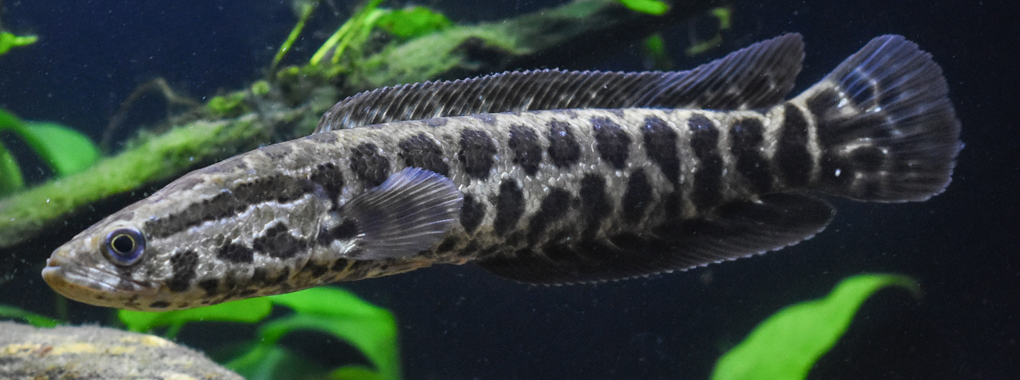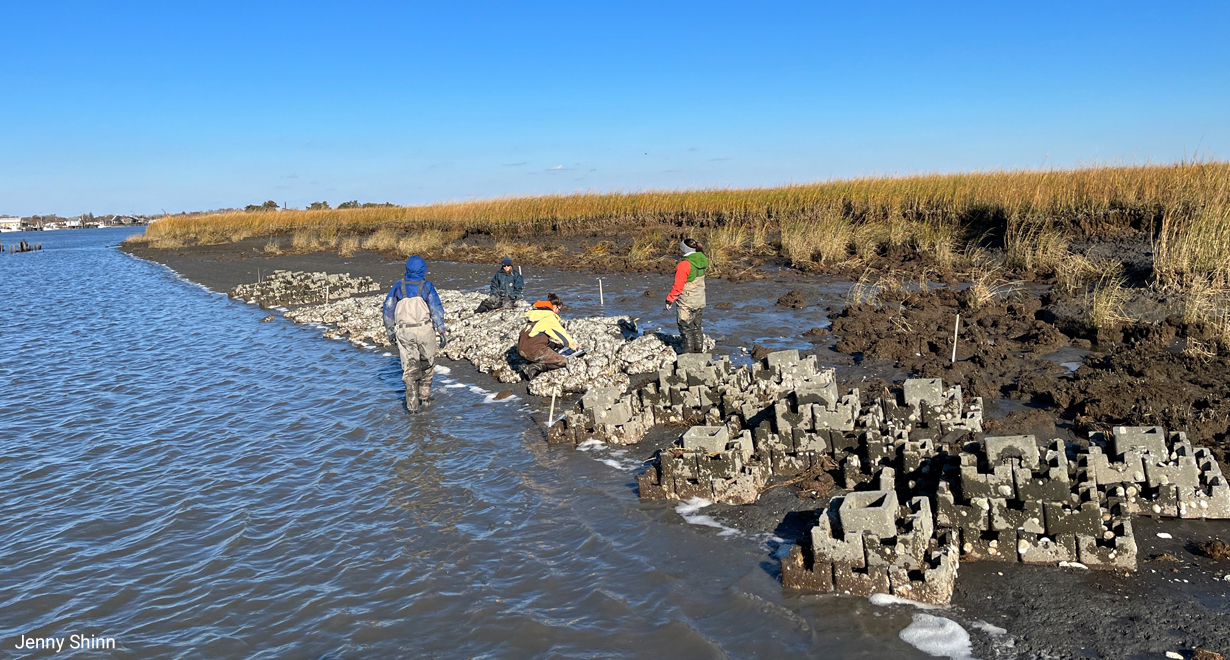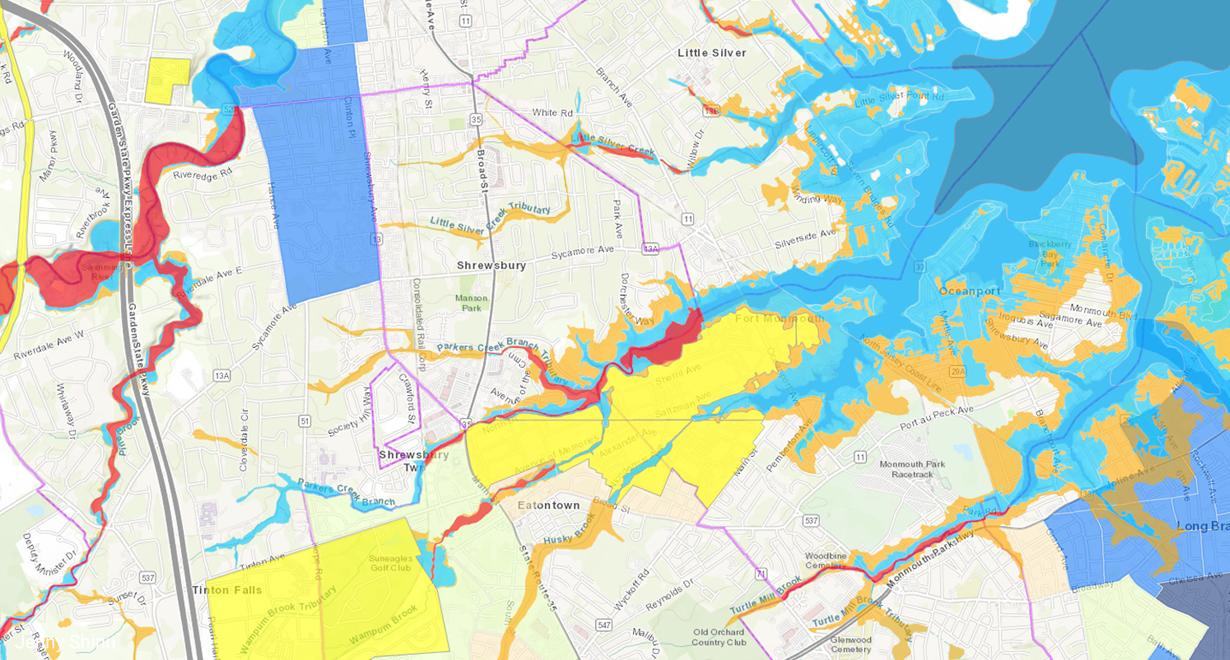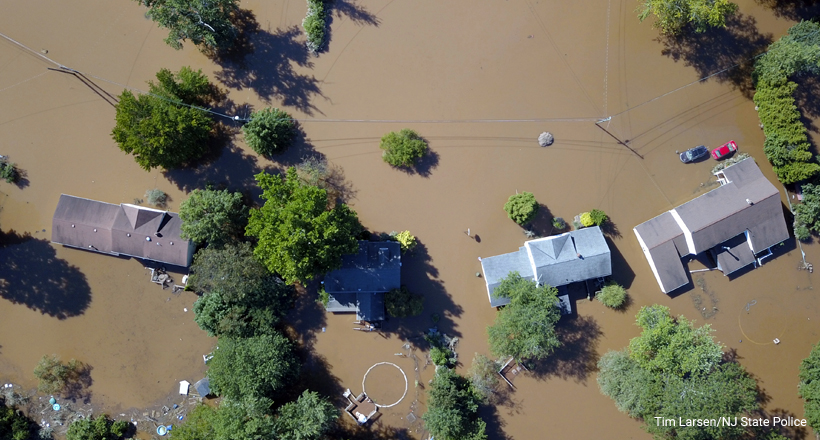
The northern snakehead is an invasive species discovered in the lower Delaware River in 2008 and now widely distributed in the Delaware River basin.
Climate-Smart Invasive Freshwater Fish Management Plan for New Jersey
Climate change is expected to severely alter aquatic ecosystems in the Mid-Atlantic US states, including increasing water temperatures, reducing average stream flow, and an increase in the severity of rainstorms and flash flooding. As is the case with several other human-driven threats to freshwater ecosystems, climate change will act as a “threat multiplier,” intensifying the adverse effects of invasive species while also acting to facilitate new invasions. Aquatic invasive species cost the global economy US$345 billion per year and these costs are expected to increase exponentially in the coming decades. New Jersey has experienced a rise in the number of established aquatic invasive species over the last two decades, and in response has made substantial advancements in coordinating control and management efforts across the state.
Professor Julie Lockwood and Dr. Mario Hernandez of Rutgers’ Lockwood Lab will create a climate-smart management plan for a suite of invasive fish that the New Jersey Department of Environmental Protection labels as ‘potentially dangerous’ to the state’s freshwater ecosystems. “Climate smart’” management refers to actions taken to address control of invasive fish populations while also considering expected climate change trends. This project is being conducted in collaboration with the NJ Department of Environmental Protection’s Bureau of Freshwater Fisheries and Division of Science and Research biologists to ensure it addresses those invasive fish species of most concern to the state in the coming decades.







